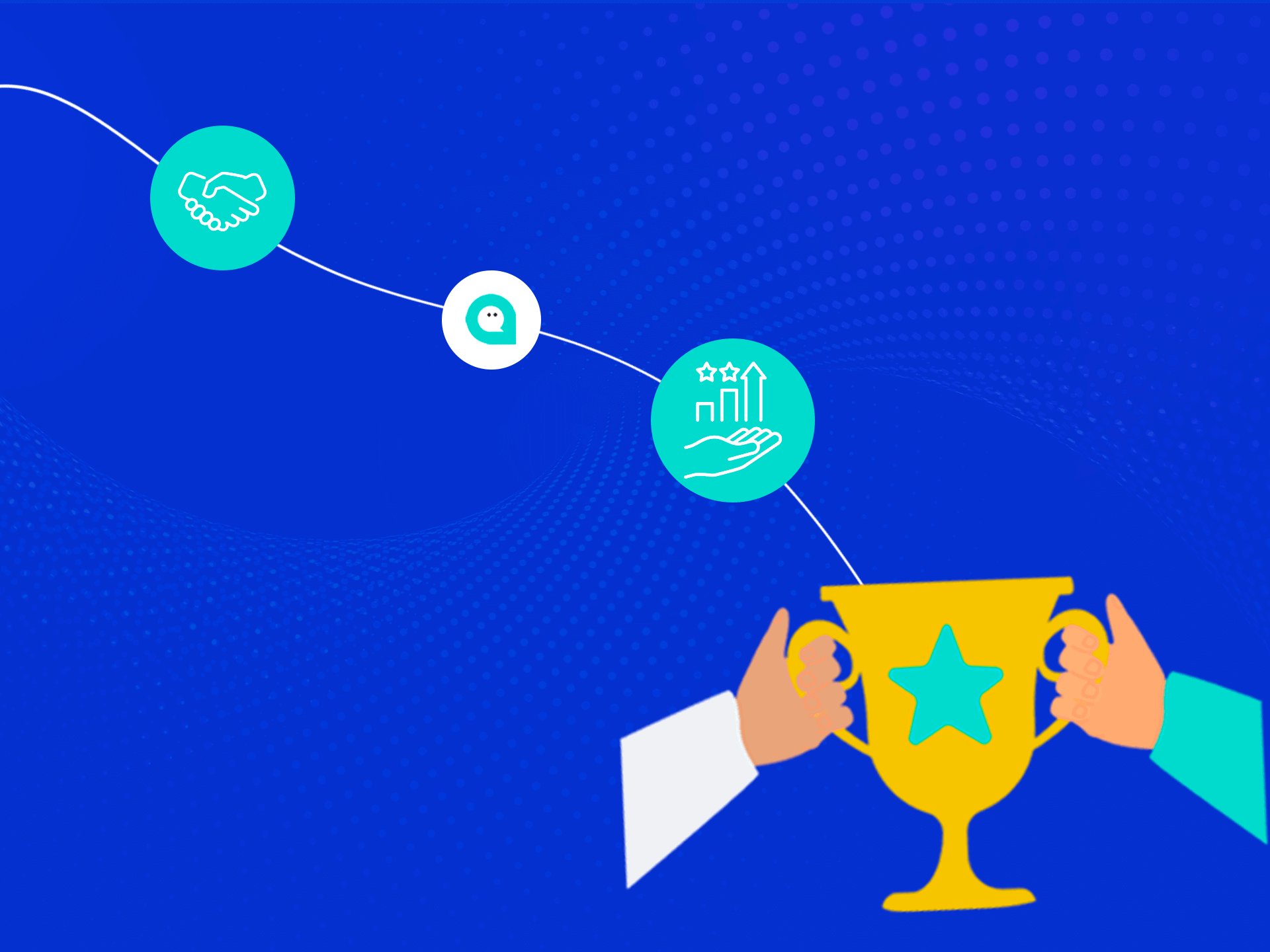The concept of AI singularity, until recently essentially unknown, is becoming a term that populates our lives, even unknowingly.
ChatGPT, and new artificial intelligence tools in general, are evolving very quickly, and just as quickly could lead to technological and even more social changes, with unpredictable consequences (just think of the fake news or videos circulating in recent weeks).
What is AI Singularity?
Artificial intelligence (AI) singularity, or AI singularity, is a term that describes a hypothetical moment in the future when machines will achieve higher intelligence than humans. Seen by many as mere science fiction literature, today it is an event that could become possible, thanks to the rapid development of the use of artificial intelligence on a large scale.
This tipping point could result in the creation of ever more advanced AIs, which could in turn improve their intelligence dizzyingly.
History of the concept of singularity
The idea of the artificial intelligence singularity was originally proposed by mathematician and science fiction writer Vernor Vinge in 1993.
Vinge claimed that the exponential growth of artificial intelligence would lead to a point of singularity, beyond which it would be impossible to predict future developments in technology and society.
Well before him, mathematicians such as Irving John Wood or Gordon Moore had theorized about the technological process and the development of superhuman intelligences in machines.
Since then, the concept of AI singularity has been the subject of debate and speculation among scientists, philosophers and futurists. Some argue that the singularity is inevitable, while others believe it is unlikely or even impossible.
AI Singularity: when and more importantly, how?
Predictions about the timing and impact of the artificial intelligence singularity vary widely. Some, such as scholar Ray Kurzweil, believe that the singularity may occur by 2047, while others predict that it will be many decades or even centuries before machines achieve higher intelligence than humans.
Of course, depending on the context and who is analyzing and theorizing the idea of singularity, endless future scenarios arise, some catastrophic, some idyllic.
Opposing visions
Technological development brings with it is ethical dilemmas and fears, but also hopes for a future in which humanity through artificial intelligence will see poverty, hunger and disease disappear.
Between science fiction and reality, we find ourselves living in a time of transition, in which the tools we possess are still half-unknown to us, and whose potential is often unperceived. The distrust of many is pitted against the enthusiasm of others. But where is the reason, if there is one?
There is probably no single answer to the question, but it is again human analysis that can be decisive.
Risk preparation and mitigation
In order to best prepare for the possible singularity of artificial intelligence, it is important to consider how we can reduce the risks associated with it and ensure that AI is developed in a safe and ethical manner. Among the measures that could be taken we cannot fail to include:
- AI security research: investing in research to ensure that advanced artificial intelligences are safe and reliable.
- Regulation and oversight: create regulatory frameworks and oversight bodies to ensure that AI development is responsible and ethical.
- Education and training: provide training and retraining opportunities to help people adapt to changes in the labor market caused by automation.
Will Singularity AI become a reality?
The artificial intelligence singularity is a fascinating and potentially revolutionary concept that could have a significant impact on our future. Although we cannot predict with certainty when or if the singularity will occur, it is important to consider the possible consequences and to prepare ourselves as best we can to deal with the changes that may result.
Investing in AI security research, promoting the ethical and responsible development of technologies and adopting policies to address the social and economic problems associated with automation, we can hope to successfully navigate through the potential challenges and opportunities that the singularity of artificial intelligence might present.
XCALLY Human Singularity AI
XCALLY's Human Singularity AI aims to be a focal point within this fascinating technological dilemma. Pushing ever forward in advancing innovation should not make us forget the human approach, resource management and the importance of investing time and means in research and development.
XCALLY Motion was born from the passion of people and thus aims to be of service to people, to improve the work of those who use it as a medium and at the same time to make the experience of those who experience it as customers excellent.
The use of Conversational AI, sentiment analysis and major innovations in AI aim for an increasing interconnection between machine and human, without losing sight of the importance of the people behind the technology.



